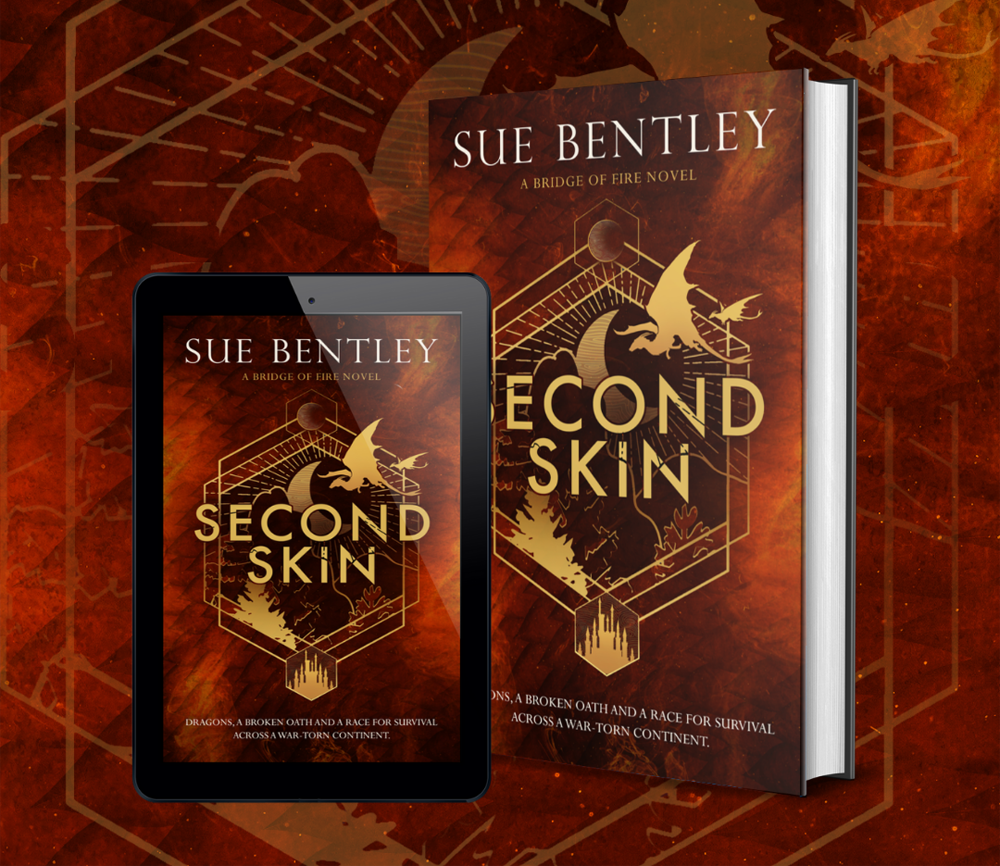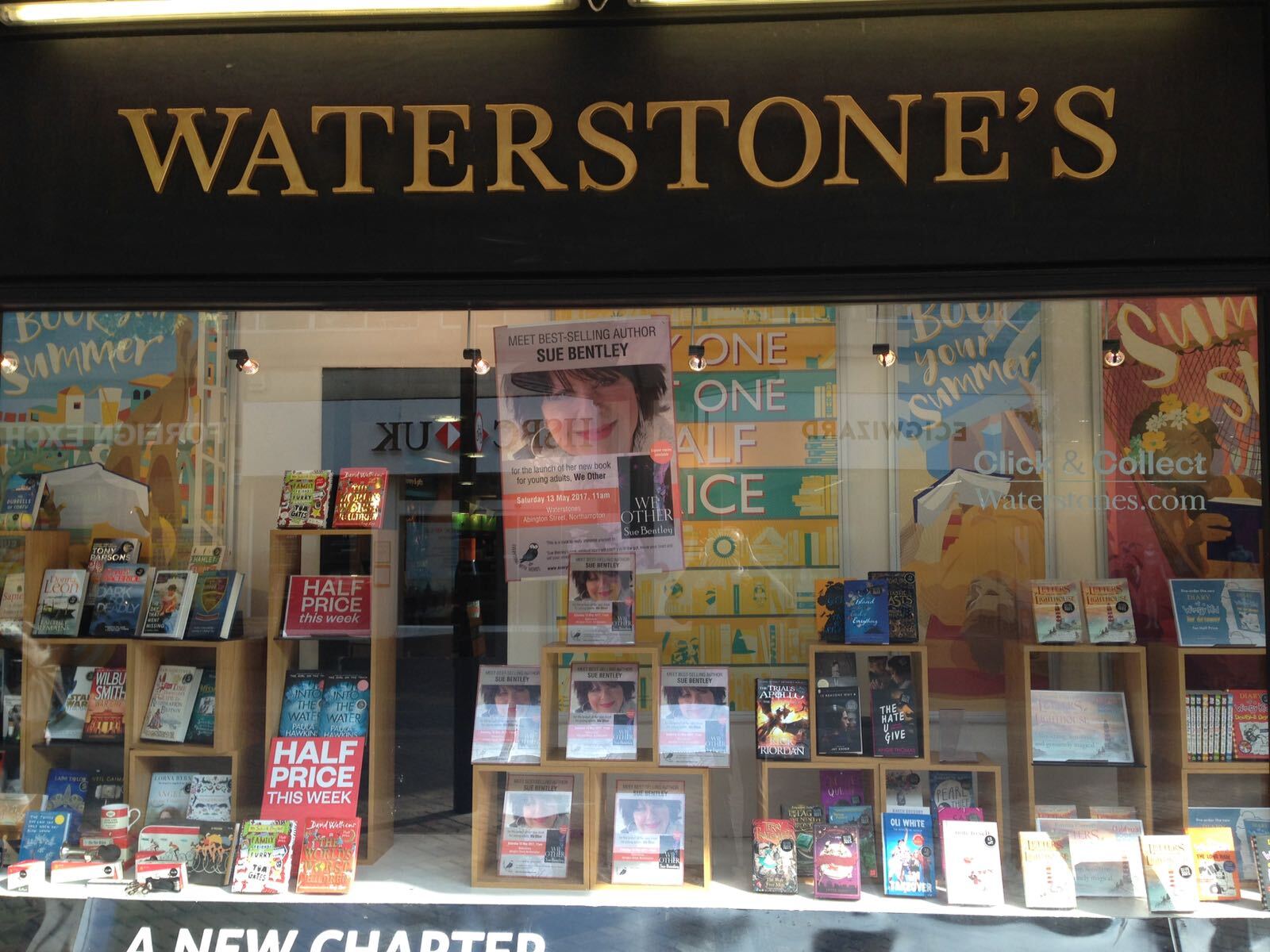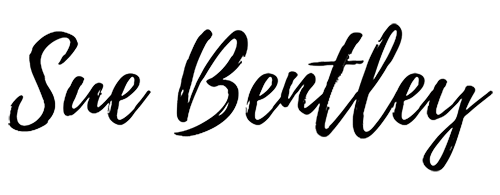Latest News

It's almost proper Spring - lighter mornings making it easier to get up, and head straight to my writing desk. My book in progress The Making is going well, after a lot of cuts, and re-writes. I'm planning on delivering it to my agent before too long. There are bound to be more changes that need making, some tightening up that needs doing. But I'm a perfectionist, and have learned to expect this work which will make my book come alive. I want my reader to empathise with my characters, feel immersed in the world they inhabit. It is though, one of the things most authors struggle with. I doubt any one of them, even a winner of the Booker prize, is ever completely satisfied with their finished book. When I pick up one of mine that has sold very well - sometimes around the world, had great reviews, even been featured on the Sunday Times best-seller listing, I still criticise the writing. Making imaginary new edits. Wishing that I'd chosen this word over that one. That's the thing about being meticulous, and I know I owe my readers that level of detail. Only my best is good enough. It comes with the writing territory! Or it should, if you're doing your job well?
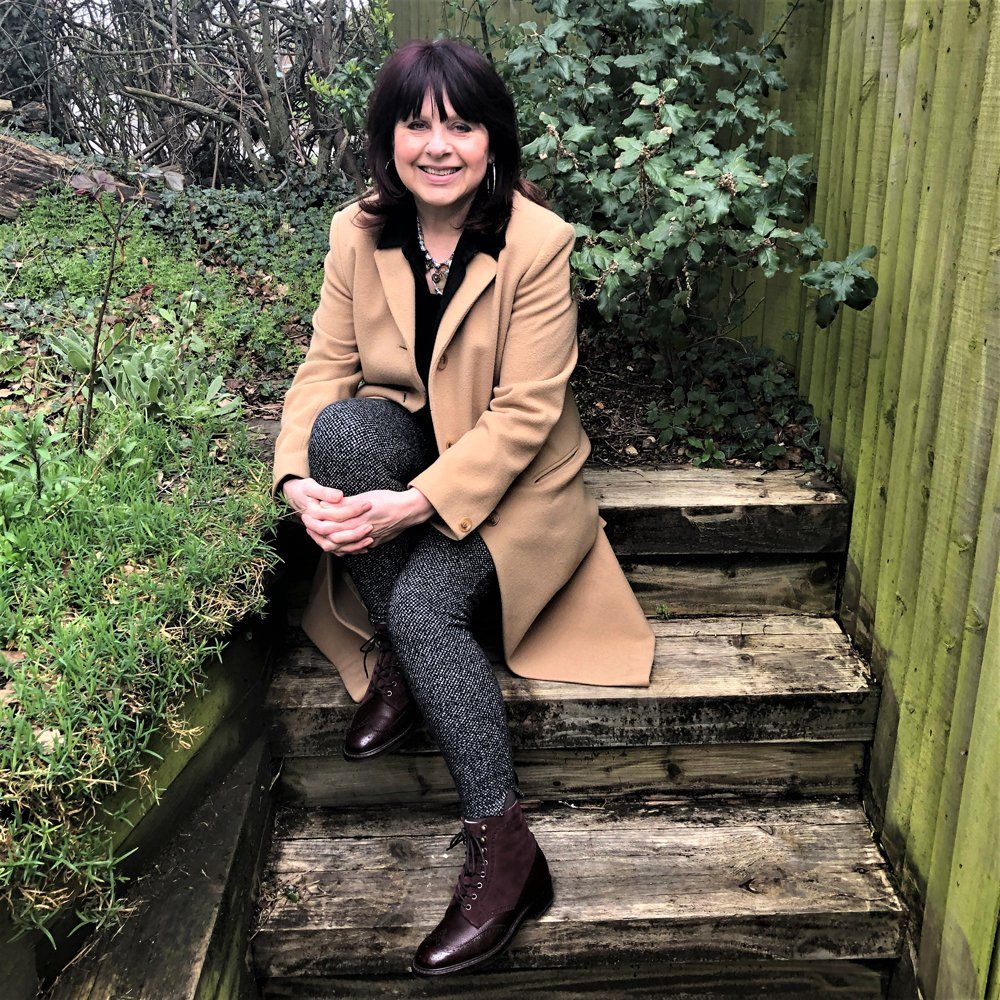
Lastville Hello again readers, writers and fellow book-lovers! Today I want to share a little about my current WIP. The book is set in Lastville, a fictional town in Northamptonshire, and centred around the death of a brutish and unpleasant shoemaker. Miss Minerva Shaw, twenty-six years old, opinionated, stiff-necked and resigned to being a spinster, forms an unlikely friendship with the dead man's son. Their investigations lead them into the very heart of a secret club, where death itself is currency.
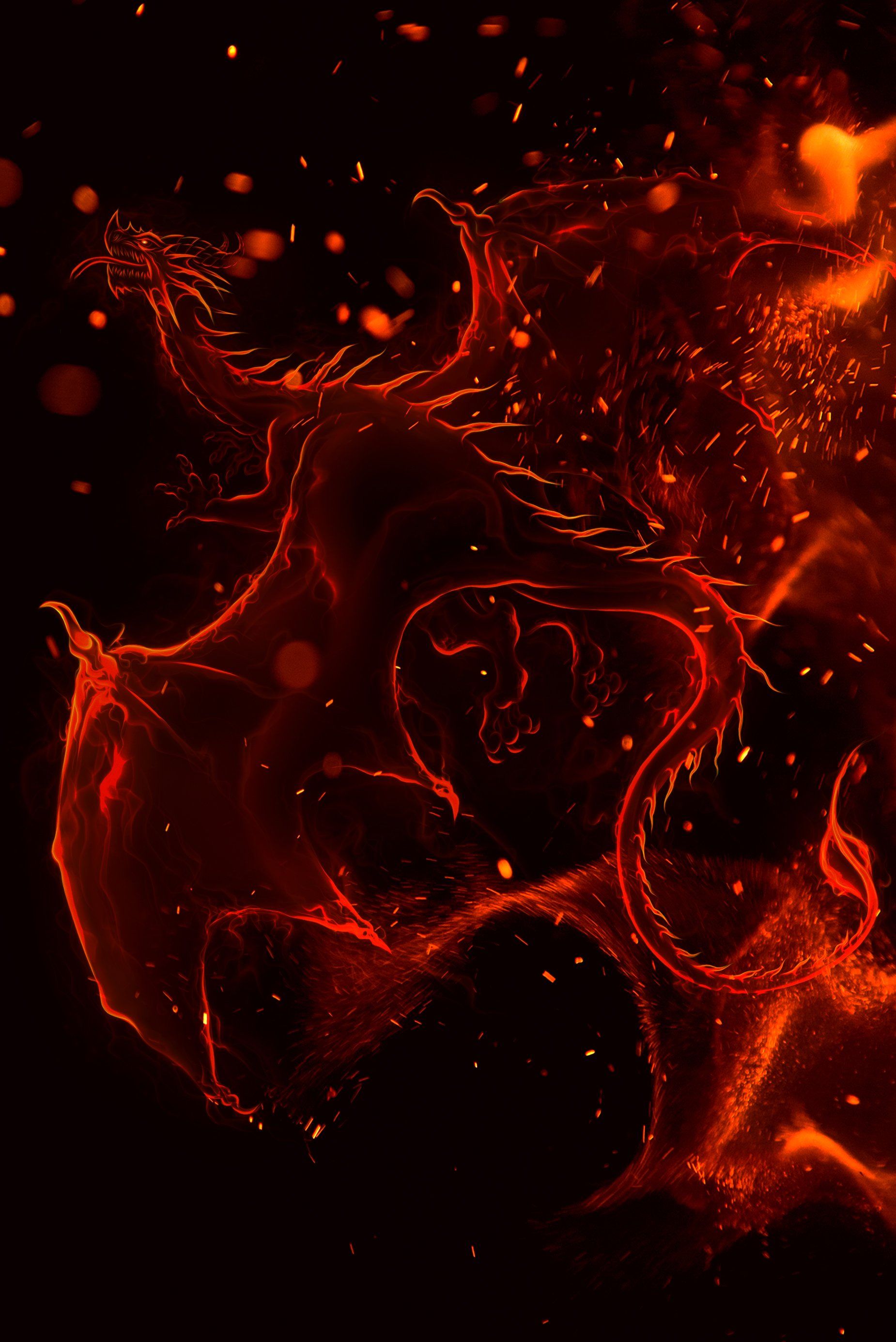
All about my latest novel Second Skin is a stand-alone novel, currently number one in a new series entitled Bridge-of-Fire. The main character, Aledra, in one of a race of shapeshifters called The Drakkoni. While outwardly human in form, some of the Drakkoni harbour a secret. Like others of her race Aledra has a soul-double hidden deep inside her, and can switch between two-personas or skins, hence the title, Second Skin. The Drakkoni are the fierce and proud conquerors of a beautiful wild continent named Esra, and are hated by the oppressed indigenous people. I started out with the germ of an idea for Second Skin which became more complex, far reaching, and darkly sinister as I developed it. This happens most of the time when I’m writing for a Young Adult and older readership! Fascinating things happen when cultures collide. There’s so much material for a writer to explore. I’m also very interested in the many stories and rich lore of Native American Culture. Within it, I found inspiration for some of the themes and characters for Second Skin. I found 500 Nations and Empire of the Summer Moon totally fascinating. The books made me think about the dynamics that happen when races collide; how complex the whole thing is and how tragedy so often follows. The visuals in the 500 nations were compelling and inspired me to wonder about the people I saw on those pages. It’s always been stories about individual people in impossible circumstances that intrigue, move me and get me thinking. So the genesis of Second Skin sparked when I read Empire of the Summer Moon, and met Quanah Parker, last great chief of the Comanche and mixed-blood son of the famous and tragic pioneer woman Cynthia Anne Parker.

Yes, in essence, that’s what I do. I make things up! You could say I tell lies – really big, complex ones. I fabricate characters and settings and expect readers to care about people who don’t exist. I do my best to convince them that my characters and the world they inhabit are real. In short I have become an expert in deceit. (You can get ten years for that!) I’m afraid I’m shameless about this. I have no choice in the matter. The art of writing a short story or a novel, is to persuade the reader to go along with one on a journey of pretend. In fact, to weave such a feasible web of lies that one lures the reader into that magical state, which is ‘suspension of disbelief’. When I discovered books at a young age, I ate up books, simply couldn’t get enough of them. But I wasn’t consciously aware of how a book came into being. I loved getting lost in whatever I was reading. It was only later that I realised there was an architect behind each book. Oh, that’s what the name on the cover was about? That ‘someone’ was an actual person, who had dreamed up whatever I was reading from their imagination. Wow. It was like magic. (It was quite a bit later, before I made the shift to thinking - if that ‘someone’ could make up stories, maybe I could, too.) So what, if books are all ‘tall stories’? The bigger and more dramatic the ‘lies’, the more exciting and enjoyable the plot, the better. I chose to believe in the imaginary worlds within books. I had suspended my disbelief. I was hooked. And now that I make my living from writing, the art of pretence, fabrication and telling lies is part of my stock-in-trade. To begin with, I must strive to believe my own lies. It’s important that my characters become so convincing - so ‘real’ to me - they take on a life of their own. How else can I expect the reader to care about them? I need to ‘hear’ my characters speaking to me, each with their own distinctive voice. In my completed novel the reader should be able to tell which of them is ‘on stage’ from dialogue alone. The same principles come into play when creating backgrounds and settings. Some writers use actual places they know or have visited, especially for contemporary novels. I do this to some extent, but as there’s often a strong fantasy element in my books I also make a lot of things up. Of course that is true of all novelists. A writer of thrillers doesn’t need to murder anyone or commit a crime. A writer of historical fiction can take as much or as little licence with the facts as they wish. Like me, they are not above twisting facts, features and places to add drama. It was nerve-wracking when I first revealed my characters at writing group meetings. To hear people speaking about them as if they were actual, living persons, felt very odd indeed. And it was just as strange to discuss fellow writers’ make-believe characters and worlds, and offer opinions about ‘pretend’ problems and issues. (I think there’s a little of the psychologist in every writer.) But my characters have all become part of me. I know their hopes and fears, what motivates them, what secrets they hide. While, working, walking, travelling - they’re with me. In any given situation, I might ask myself, what Jess, or Caleb, or Aledra would do. And that may well translate into a scene in one of my books. The worlds I build in my books feel just as real. I can almost smell it. Almost touch it. I believe my own lies. Job done. But there comes a time when I must let go of my creations. From existing only in my imagination they have sprung to life within the pages of a book. They no longer belong to me and must go out into the world to work their magic on readers, who I hope will fall in love with them, too. They might hate them, of course, but that’s fine just as long as they believe in them.

People often ask me for tips about writing and how to get published. So here are some thoughts on the subject. I hope you find them useful and constructive. First of all – writers must write. That sound obvious, but it’s very easy to do everything but sit down and write. We can talk about it, think about it, plan to write, make mountains of notes - but the craft of writing and the magic of it only happens in the physical act doing of it. Somehow the connection between the brain and the paper, or your pc/tablet – if you write directly onto a screen, kicks in when you knuckle down and engage in writing. You’ll write far more words than you ever need, but nothing is wasted. You’ll be learning the craft. Unless you’re a genius (and you may well be!) Learning to be the best writer you can be, takes time. How much depends on the individual. I’ve found it helpful to seek out other writers. It’s good to share your thoughts, inspirations, worries. Find a writers’ group. It’s important that the members of any group gel – you’ll need to build trust as all writers are vulnerable and somewhat lacking in self-belief in the beginning. The last thing you need early in your career is to be crushed by some high-handed comment or made to feel small by someone’s condescending attitude.

